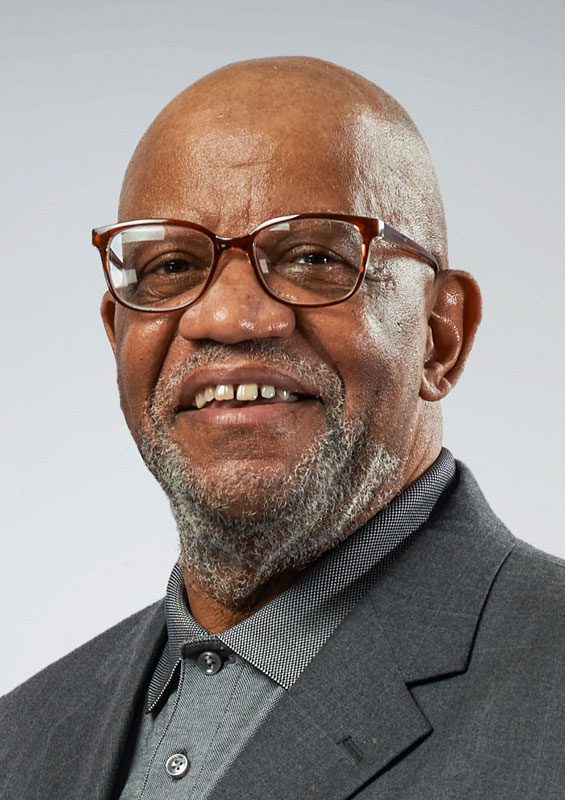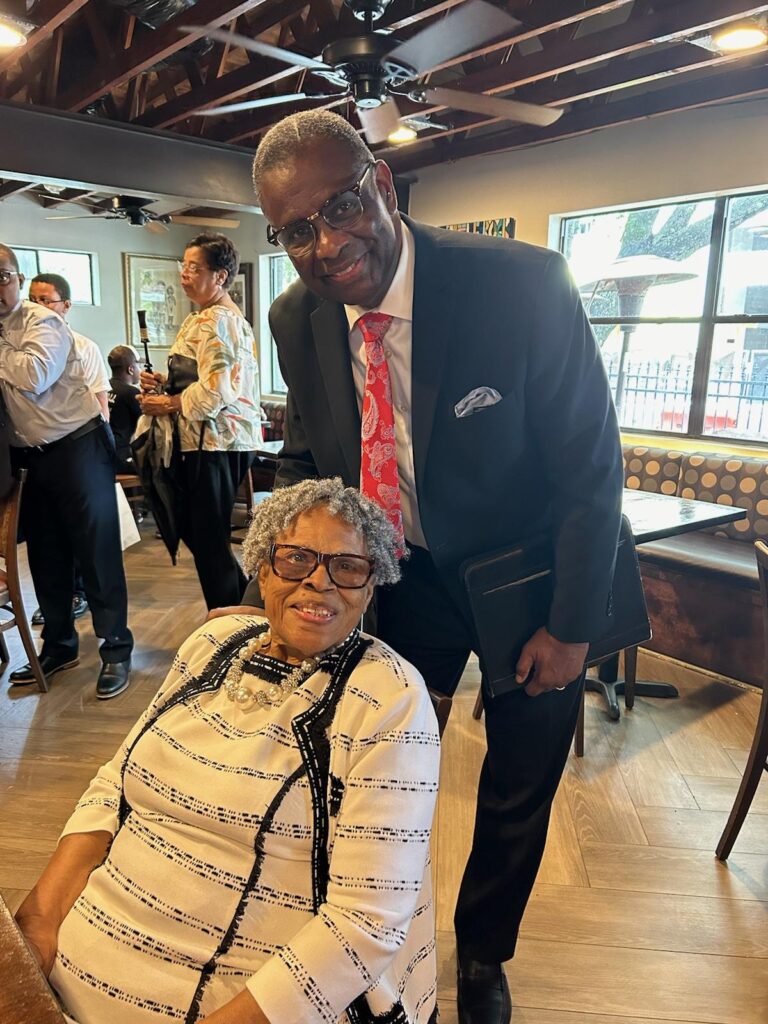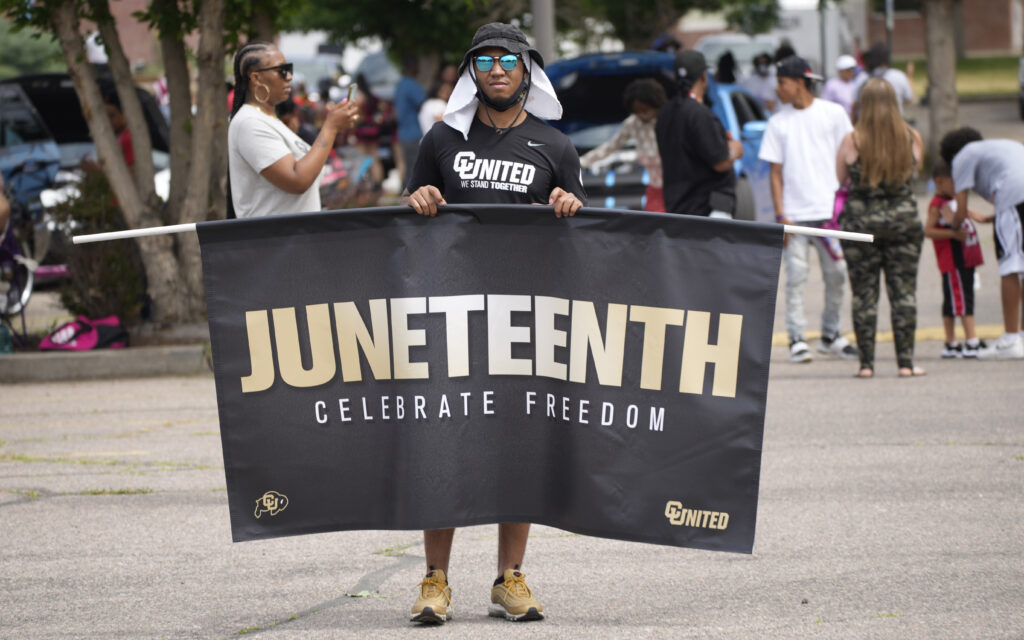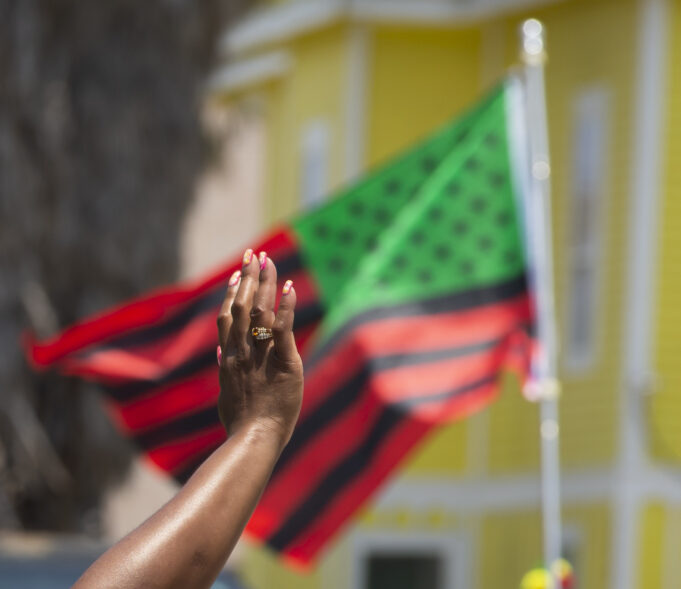As Juneteenth gains national recognition, transitioning from a lesser-known historical observance and commemoration into “mainstream” awareness, it prompts some people to reflect on its significance more deeply and ask critical questions.
Originally commemorating the so-called emancipation of enslaved Blacks in Texas on June 19, 1865—two and a half years after the Emancipation Proclamation—for many Blacks, Juneteenth was and is referred to as Black Independence Day.
The day has recently seen a rise in parades, picnics, and commercial festivities, which risk overshadowing its historical and cultural importance. Activists and historians emphasize that this day should be more than a celebration;
It should serve as an opportunity for further research and reflection on the enduring legacy of slavery and the ongoing struggle for freedom, justice, and equality for Black people in America.
Juneteenth was made an official U.S. federal holiday after the May 25, 2020, murder of George Floyd, a Black man, by former Minneapolis police officer Derek Chauvin, who is White. His death sparked protests in the U.S. and abroad.
The U.S. House of Representatives and Senate passed The Juneteenth National Independence Day Act in June 2021. The bill was signed by President Joe Biden on June 17, 2021, making it a federal holiday.
The decision to make Juneteenth a federal holiday was met with mixed feelings with critics stating it was more “symbolism without substance” and a means to distract or pacify Black folks.
However, proponents state that it is a way for Americans to come to terms with some of its real history. For Blacks in Texas and other parts of the county who for years commemorated Juneteenth, it also sparked concerns that the new federal holiday could and would be hijacked and commercialized.

Three Black women, Opal Lee, Clare Peoples and Lula Briggs Galloway, worked and fought in their respective cities for years to establish the holiday on a national level.
Ms. Lee, born October 7 is a 97-year-old resident of Marshall, Texas, and is known as a “grandmother of the Juneteenth movement.” She realized people were not being taught about the importance of this day so she dedicated years of her life to spreading the message of its significance.
Ms. Lee began “Opal’s Walk 2 D.C.” in 2016. She started with the plan to walk the 1,400 miles from Fort Worth, Texas, to Washington, D.C., to gain support from Congress to officially name Juneteenth a federal holiday and bring attention to other disparities Black people still suffer, according to The Real Opal Lee website.
Philadelphia activist Bigga Dre shared his views with The Final Call on a proper celebration of Juneteenth. “Juneteenth is a celebration of freedom,” he stated.
“We need to examine what freedom looks like beyond its historical context from 1865 when General George Granger informed people in Galveston, Texas, of their freedom—two years after they were freed. We must bring that significance up to date. This is what Juneteenth truly means.
I take pride in organizing the Juneteenth celebration in Philadelphia, providing an authentic space where the theme of freedom is emphasized, and the holiday is meaningfully celebrated. Without this focus, people might not understand what they are celebrating,” said Bigga Dre.
“In 1865, people took to the streets to celebrate their freedom. But what does freedom mean today? Understanding the true history of Juneteenth is crucial.
Without it, people might attend celebrations on the wrong dates—June 16th, June 24th, or June 15th—thinking they’re honoring Juneteenth. However, Juneteenth is on June 19th, he continued. “Knowing the specific date and its significance is important,” Bigga Dre added.

Stanley Crawford is CEO of the Black Male Community Council and is also based in Philadelphia. He agreed that the commemoration of Juneteenth is not as well understood as it should and could be.
“Specifically, they claim that in 1863, President [Abraham] Lincoln issued the Emancipation Proclamation. The history here is often overlooked. Frederick Douglass, Harriet Tubman, Martin Delany, and others approached Lincoln to advocate for our ancestors’ right to fight for the North.
So, if we look at it in context, the proclamation wasn’t issued out of pure humanitarian motives—it was a strategic move because the South was winning the Civil War, having advanced up to Gettysburg, Pennsylvania,” Mr. Crawford explained.
“At that time, the South had seceded from the North. Lincoln had no authority over the Confederate states to which he proclaimed emancipation. In 1863 they were separate entities with their president, army, and currency. Additionally, the Emancipation Proclamation included specific exceptions that undermine its legitimacy,” he added.
Mr. Crawford states that the foundation of Juneteenth and its connection to the Emancipation Proclamation needs reevaluation. He suggests a different context might be more appropriate, such as acknowledging that Black people in Texas knew they were free but remained enslaved due to their captors’ refusal to release them.
“If we understand the true context, Juneteenth should not be celebrated based on the Emancipation Proclamation. The celebration stems from the misconception that our ancestors in Galveston, Texas, were unaware of the proclamation,” he argued.
Nation of Islam Southwest Student Regional Minister Dr. Abdul Haleem Muhammad of Mosque No. 45 in Houston, Texas, stated that it is important that Black people make or proclaim their holy days, observances, and commemorations.
He cited the Nation of Islam’s observance of Saviours’ Day, commemorating the birth anniversary of Allah (God) in the Person of Master Fard Muhammad, the Great Mahdi on February 26 as an example of a holy day.

July 4 which commemorates the Coming of Allah (God), Master Fard Muhammad, the October 7 birth anniversary of the Most Honorable Elijah Muhammad, the May 11 birth anniversary of the Honorable Minister Louis Farrakhan and the Holy Day of Atonement commemorating the historic 1995 Million Man March on October 16 are also official of holy days observed by the Nation of Islam.
Kwanzaa, created by Dr. Maulana Karenga in 1966, is another example. The seven-day holiday begins Sunday, Dec. 26, and ends Saturday, January 1, and is based around concepts of Pan-African principles. And before Martin Luther King Jr.
Day—after years of advocacy amid pushback and open hostility—finally became a federal holiday, Black people observed and commemorated the life and legacy of the Civil Rights advocate and freedom fighter every January.
“Juneteenth is not my national holiday,” explained Student Min. Muhammad. “Nonetheless, it has significance. It has significance for the enslaved Africans here in Texas. They kept the Black people enslaved for an extra two and a half years. Texas is a strange place.”
His words encapsulate a broader sentiment that the Juneteenth celebration should be more than mere festivity. “I think it should be observed with a soliloquy, you know, be very solemn. It shouldn’t be full of frivolity.
It should be something that we should be very sane and sober and serious about … because we’re yet to be free. So, we were freed from his [slave master] hand, but not from his control,” said Student Min. Muhammad.
“This perspective invites us to reflect not just on the historical context of Juneteenth but also on its contemporary relevance and the continuous struggle for true freedom and equality,” he continued.
The paradox of celebrating a day of emancipation orchestrated by the same entities—in this case, the U.S. government which continues to oppress Black people—adds layers of complexity, he pointed out.
“White folks ain’t gonna celebrate Juneteenth per se. They’re the ones that had us. They’re the ones that ‘free’ us. … It’s almost a celebration of White supremacy in one sense.
Therefore, as we observe Juneteenth, let it be a time to honor both the emancipation and the enduring pain, a duality that demands a sober and sincere acknowledgment of all that the day entails,” he said.

Dr. Jocelyn Imani, National Director of Black History and Culture with the Trust for Public Land, echoed the cultural significance of Juneteenth. She also dispelled the myth that enslaved people in Texas were unaware of their freedom before Juneteenth, emphasizing that they knew but were not released by their captors.
“The origins of Juneteenth are deeply rooted in the actions of freed Black individuals who pooled their resources to purchase land for celebration, now known as Emancipation Park in Houston, Texas. This early celebration highlights principles such as collective work, self-determination, and cooperative economics—values exemplified by those initial observances,” Dr. Imani stated.
She also emphasized that Juneteenth, as a Black holiday, is integral to understanding the nation’s history. It shouldn’t be commercialized with sales and promotion, she argues.
“Furthermore, Juneteenth celebrations should take place on public land, honoring the legacy of our ancestors who understood its importance. This new national holiday allows us to set a precedent and celebrate in a way that honors its true meaning. We must avoid premature celebrations and instead, focus on unity, discipline, and meaningful engagement with our history,” Dr. Imani said.
“While there are frustrations about the commercial exploitation of Juneteenth, there’s also excitement about the potential to celebrate it in a way that respects its significance. Although some were initially against making Juneteenth a federal holiday due to concerns about commercialization, we now have the chance to make the best of it and set a tone that truly honors its origins.”
Esha Thornton, is a Philadelphia based historian and curator of slaverymuseum.org and told The Final Call that while acknowledging the emancipation of the last slaves in Texas is significant, it’s crucial to recognize that slavery never truly ended. It was legalized under certain conditions, amplified by the 13th Amendment, Ms. Thornton explained.
Ms. Thornton highlighted an often-overlooked aspect: the South’s post-Civil War reconstruction was carried out by re-enslaved individuals who were imprisoned. Their struggles, alongside those of other ancestors who endured traumatic ordeals, deserve to be remembered, respected, and honored.
She also argues that Juneteenth shouldn’t be seen as a celebration but as a time for honoring the generations who suffered trauma and degradation. She urges the Black community to focus on understanding the historical structures and infrastructures that perpetuated subjugation, ensuring that “we never forget.”
She emphasizes the importance of recognizing the continuity of these structures in contemporary times. Techniques and policies from institutional slavery transitioned into forced labor in mines and steel mills, with prisoners leased to corporations. These practices, which disproportionately impact Black people, continue today.
“Today, the industrial complex and private prisons continue to profit from Black bodies,” said Ms. Thorton.
“Juneteenth should be a time for reflection, education, and honoring the sacrifices of our ancestors. It’s not just about the past but understanding and addressing the ongoing legacies of slavery today. Juneteenth needs to be ours.”
Final Call staff contributed to this report.













